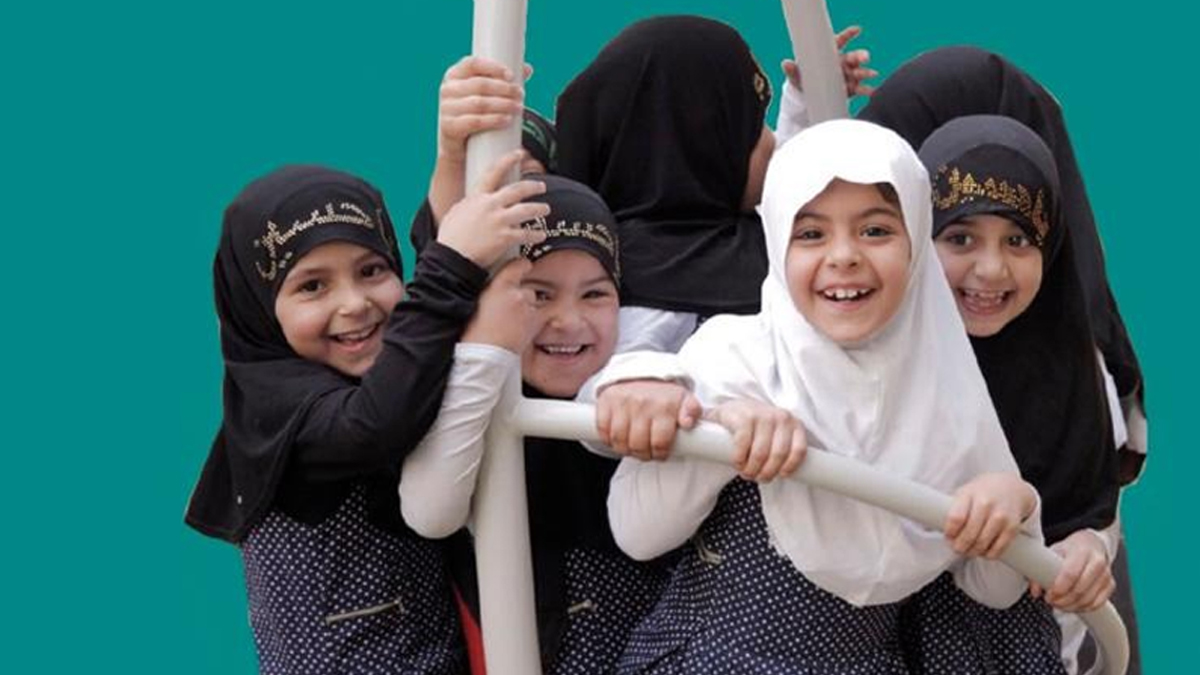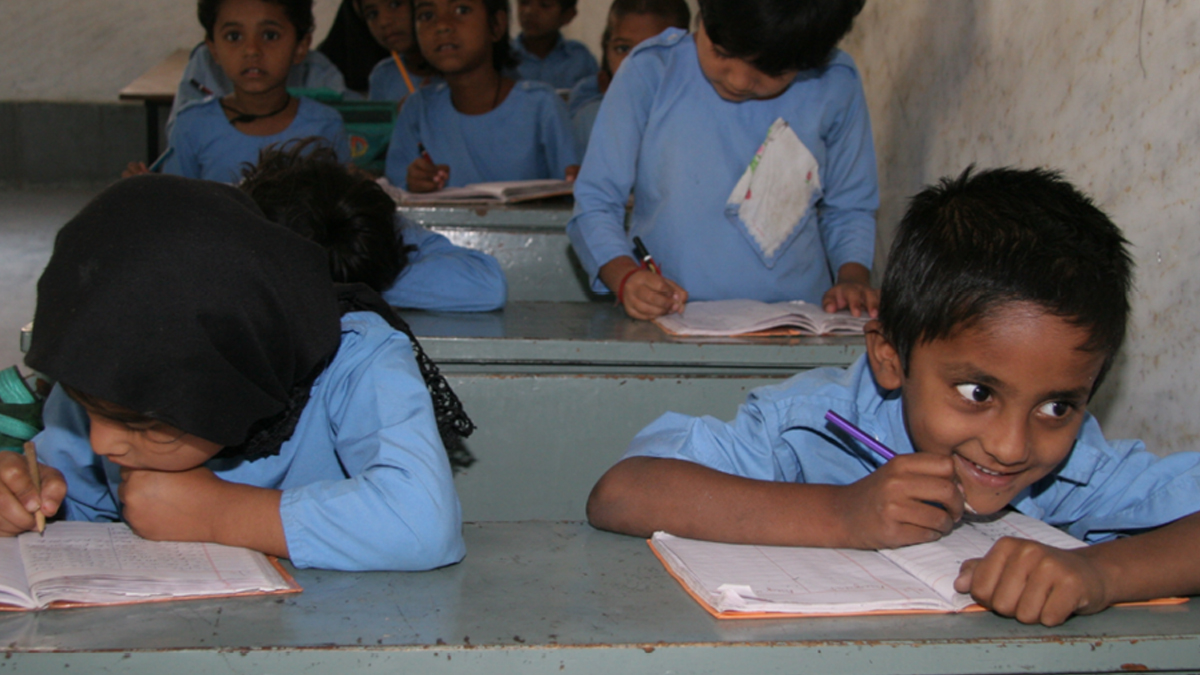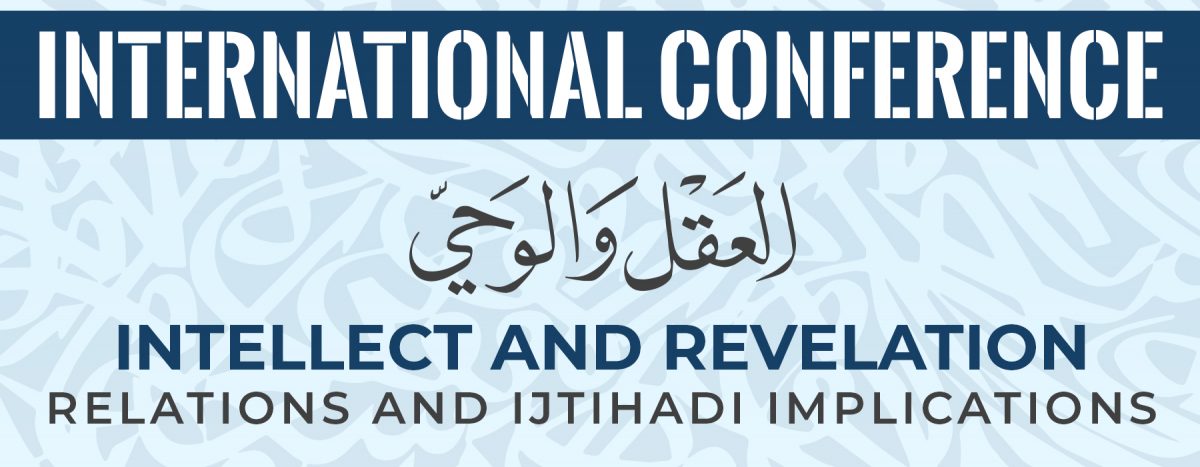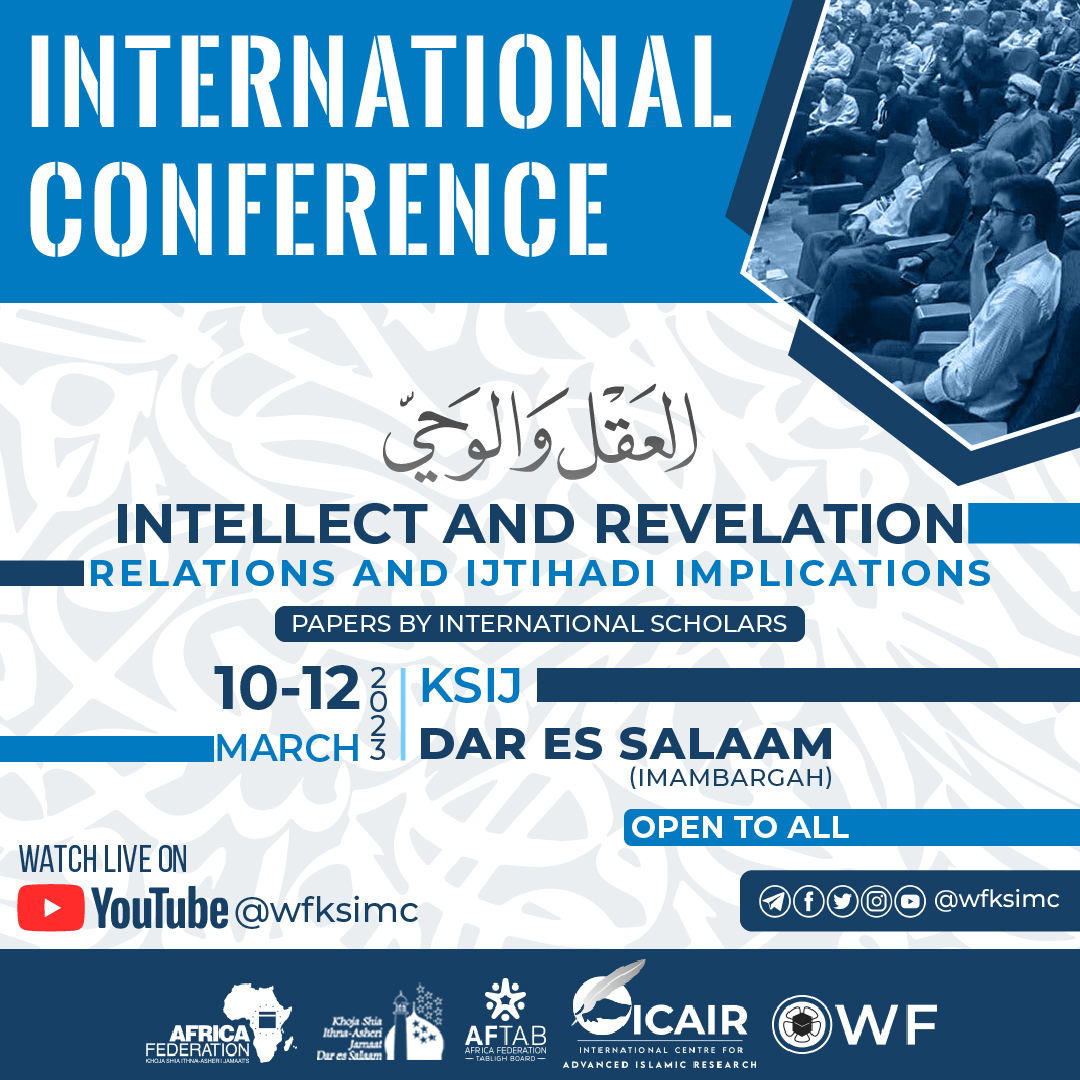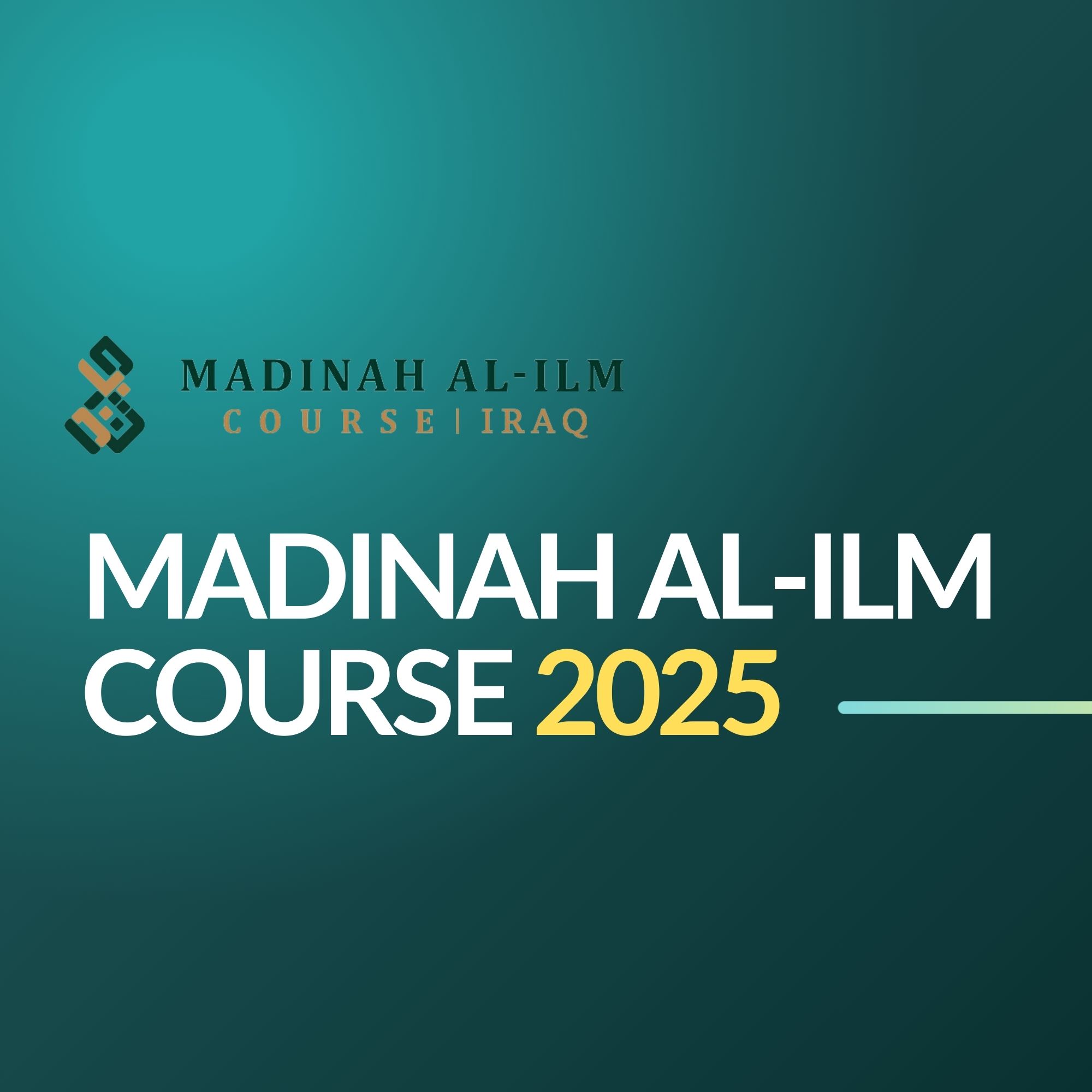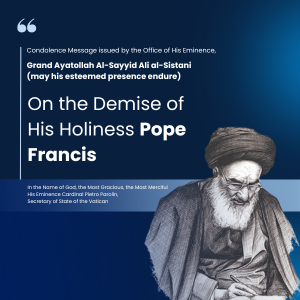Shaykh Dr. Gorjian entered the seminary of Babol in the 1980s, where he studied under scholars such as Ayatollahs Muhammadi Tabrizi, Mahdavi Bihishti. He later studied under Ayatollahs Shaykh Jawad Tabrizi, Vahid Khurasani, Mahmud Hashimi Shahrudi , Ansari Shirazi, Hasan Zada Amuli, Javadi Amuli, and Sayyid Ali Muqaddam in the fields of Islamic jurisprudence, its principles (usul al-fiqh), philosophy, and mysticism.
He completed his PhD in Islamic Mysticism in 2007, at the Tehran Institute of Higher Education.
Since 1984, he has been teaching advanced subjects, and high-level mystical texts in the seminary of Qom since 1984. He has also been teaching at different universities in Tehran, Mazandaran, Arak, and Qom since 1986.
He is a member of the academic faculty and a full professor in the Philosophy and Theology Department at Baqir al-Olum University.
During this period, he has advised and supervised over 300 scientific theses on Qur’anic, theological, philosophical, mystical, and jurisprudential topics at the seminary and university levels in the postgraduate, masters, and doctoral programs.
He has held multiple academic positions such as the dean of the Faculty of Qur’anic Sciences (Baqir al-Olum University, 2006 – 2008). In 2015, he was chosen as the exemplary professor of the country in the field of education.
He has also undertaken multiple academic trips to lecture and present scientific papers at research centres in Lebanon, Syria, Armenia, Saudi Arabia, Turkey, England, Iraq, Bosnia, Herzegovina, Georgia, Austria, and Germany, and has delivered lectures.
His publications include:
“Decree and Destiny, and Determinism and free will” (1995)
‘Aql shuhudi wa shuhud-i ‘aqli (2016)
Books as joint author:
Irtibat-i insan ba jahan-i hasti (2019)
Irtibat-i insan ba insan (2019)
Articles:
‘Discursive rationalism in the methodology of Avicenna’s philosophy’, Hekmat (2011)
‘Islam, akhlaq, wa indibat-i ijtima’i’, Tulu’-i Nur 37 (2011)





